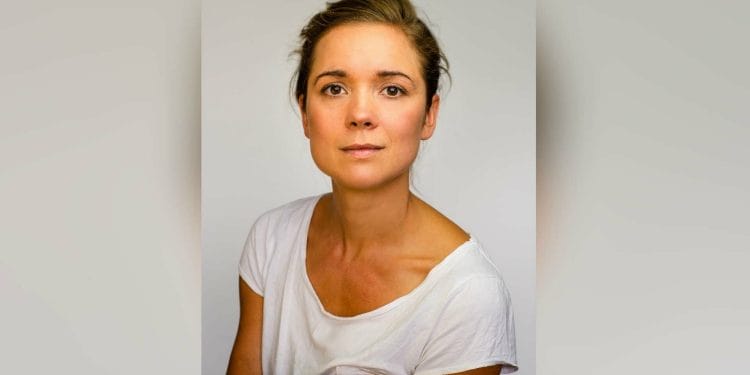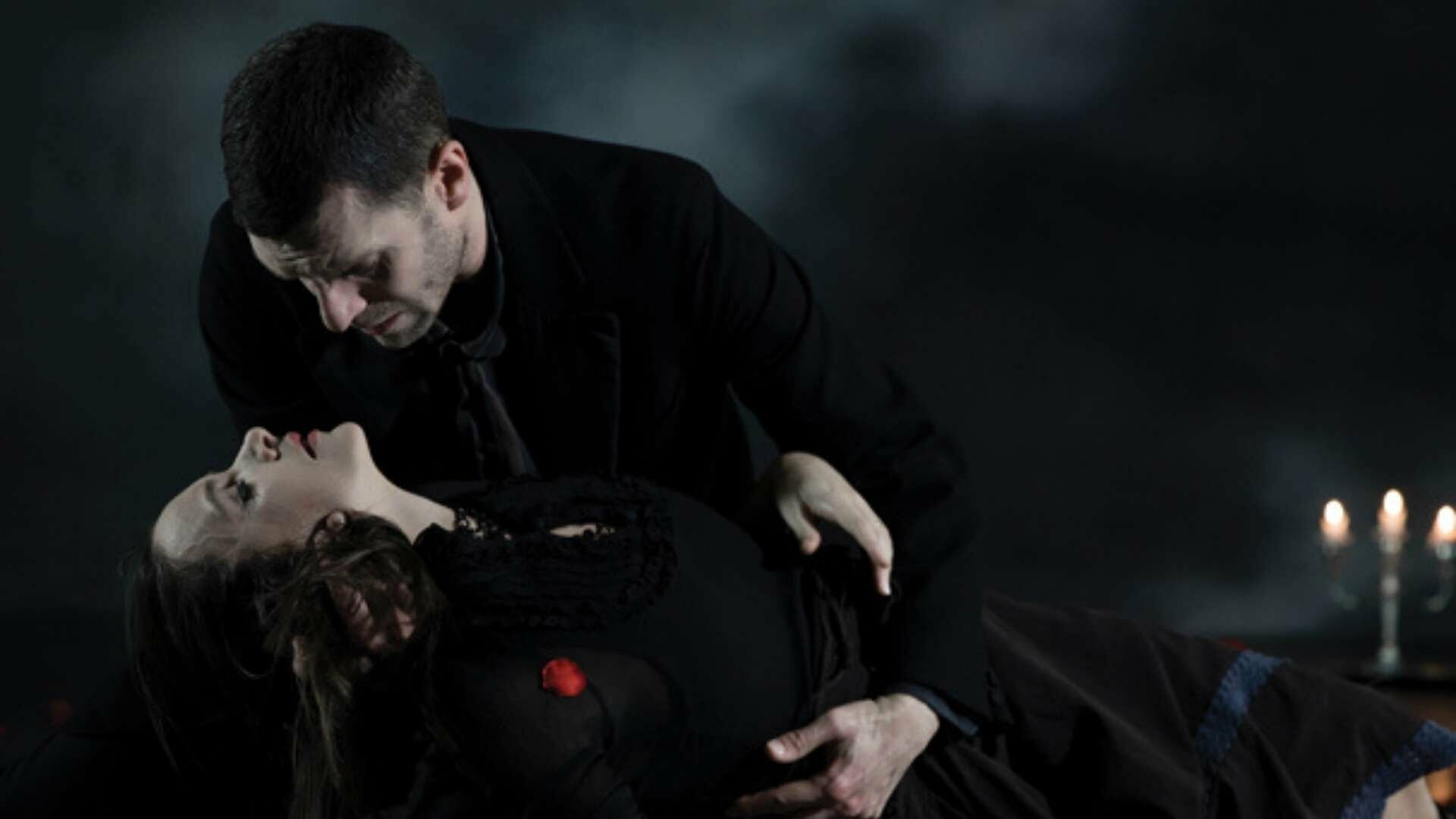Elizabeth Crarer stars in the critically acclaimed The Ballad of Maria Marten, returning this autumn for a thrilling new tour.
Produced by Eastern Angles and Matthew Linley Creative Projects, the show is a revisionist retelling of a harrowing true crime which sheds light on a complex tale of love, loss, prejudice, and patriarchal power.
The Ballad of Maria Marten tours from 16th September 2021 to 9th February 2022. Tickets are on sale here.
The Ballad of Maria Marten is returning for a tour, what can you tell us about the play?
In essence this play is about friendship: playing with and subverting the traditional trope of the murder ballad. It explores the relationships that made Maria who she was; the circumstances that led to her tragic death and the fallout for those who were left behind.
I think the play also poses some really important questions about our cultural obsession with murder stories, and why some murders make headlines while others don’t.
You have been involved as Maria right from the inception of this project – from the early workshops, through its initial outing as Polstead and on into the National Tours. What is it about the show, and about playing Maria that inspires you to keep coming back to the role?
The quality of Beth Flintoff‘s writing is such that she has created a multilayered character of real depth who is at once passionate and enigmatic, charming and vengeful – it’s an actor’s dream and there is infinite scope to keep returning and discovering new things.
Throughout the play is the threat of violence towards women – a theme which is, unfortunately, universally relevant. Whilst it’s great that so much work has been done to raise awareness over the past three years it is sad that the show seems to be more and more resonant each time we do it. In this context the play’s ultimate message of friendship and solidarity is more important than ever.
In developing the show writer Beth Flintoff and Eastern Angles worked with survivors of psychological abuse. How did that work influence the development of the play, and your performance as Maria?
I think that this created a huge sense of responsibility within the company and a commitment to honouring those who had the courage to speak out and to allow their stories to inform the piece. It also felt like a rightful and timely opportunity to release Maria from the harmful victim-blaming narratives that have been her legacy until now.
Tell us more about the other characters in the play, and what audiences can expect from them?
The other characters in the play are all based on real people. Beth Flintoff the writer spent a great deal of time meticulously researching the court transcripts and the abundant source material that was available. What I think Beth has done so brilliantly is to take whatever nugget of historical detail she’s managed to unearth, and combine it with the rest of her research, and the work with the women’s refuge in Ipswich, to create rounded and beautiful characterisations.
For example, Sarah Stowe was a Polstead woman who had 5 children out of wedlock. In this production she is loyal, funny and no-nonsense, unashamed of her sexuality and of her status as a single mother. I think it does a lot to bust through some of the sanitised Victorianized impressions of femininity that we have of women from this period.
The character who is noticeably absent is that of William Corder, the perpetrator of Maria’s murder. I think this is a really great decision: he’s been given enough air time already.
What would you say to anyone thinking of coming to see The Ballad of Maria Marten?
It’s a good old-fashioned ghost story with a cracking original soundtrack. It is full of heart and I hope it will leave you thinking long after the lights have gone down.

















